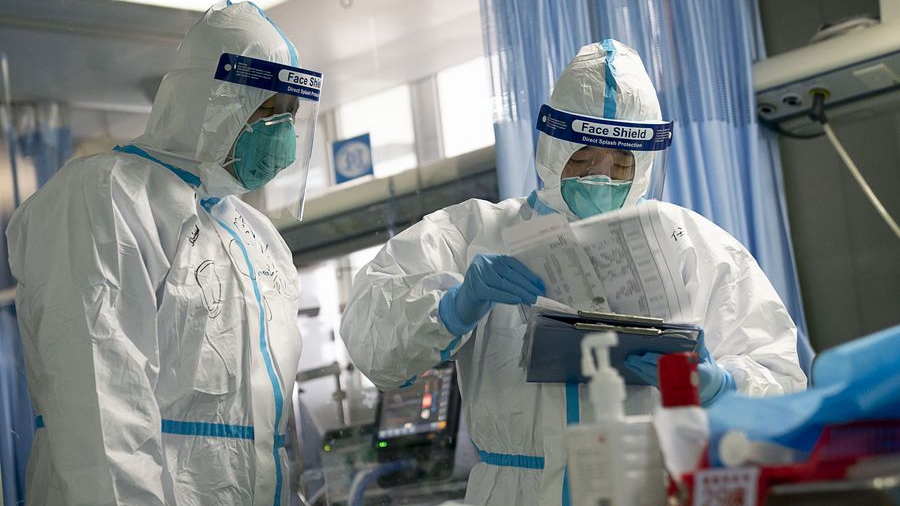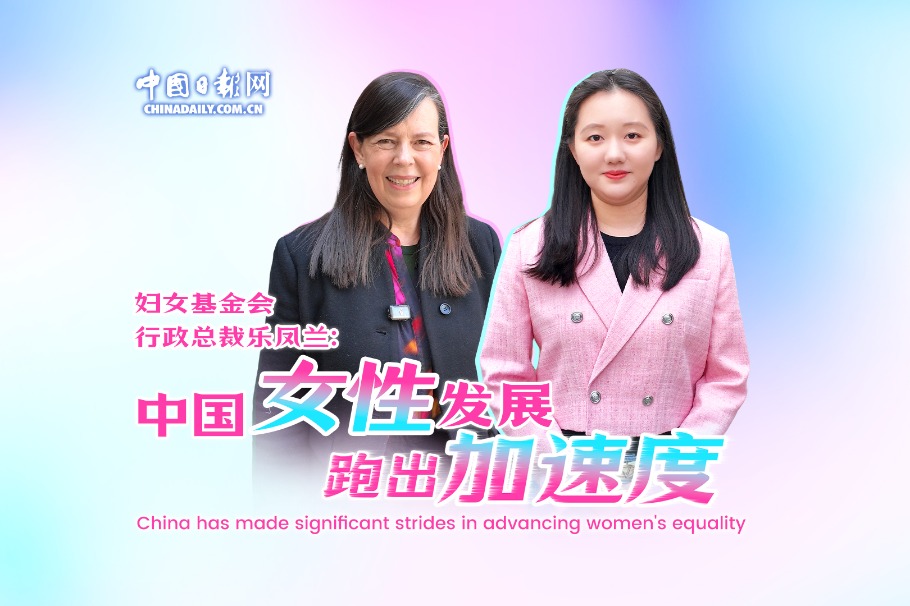Health workers need to be better protected against violence


Thanks to their courage, professionalism and humanitarianism, health workers have played a big role in bringing the novel coronavirus outbreak largely under control in China. But, sadly, some of the health workers have come under attack from some patients, or their family members.
Indeed, such yinao, or "medical disturbance"-violence that disrupts medical services-needs to be reined in. Generally, such unlawful acts are perpetrated by patients, their families, or individuals or organizations hired by them to seek illegal profits. In fact, the National Health Commission and the Ministry of Public Security issued a notice as early as on April 30, 2012, aimed at maintaining order in medical institutions, and allowing police to impose sanctions on the perpetrators, even hold them criminally accountable and penalize them for breaching public security.
Since then, law enforcement officers have cracked down on those resorting to violence in hospitals to ensure health workers can work peacefully without thinking of switching to another job, and more students take up medical studies to serve the nation. Yet violence against health workers and vandalism in hospitals have not ended, prompting many doctors and nurses to resign or refuse to work, and talents to give up the medical profession. This brain drain can harm the medical sector's development in the country.
Violence against doctors, although sporadic, often has a huge social impact. It also indicates that something more than laws, regulations and law enforcers is needed to stop yinao and improve doctor-patient relations.
A main cause of such violence is that many patients and their relatives distrust physicians. So better mutual trust and transparent exchanges about the seriousness of diseases and the risks involved in their treatment would greatly reduce, if not altogether prevented, doctor-patient disputes-and peacefully resolve a dispute, if one arises.
As a matter of fact, rural hospitals and clinics, despite having fewer medical resources and relatively low healthcare standards, are less likely to face yinao than hospitals in big cities. As doctors in big hospitals have to take care of a relatively high number of patients, it's difficult for them to spend a lot of their precious time to communicate in detail with every patient. But since many patients usually travel long distances to advanced hospitals in big cities in the hope that the doctors there can cure their diseases, the lack of proper doctor-patient communication with medical staff can prompt them to feel neglected or wronged.
Perhaps apart from providing the best medical treatment to their ability, doctors and other health workers should also treat patients more humanely and pay heed to their complaints. This small change, which needs little time and effort, could deepen the trust between physicians and patients and greatly reduce yinao. In addition, as the doctor-patient relationship is based partly on interests, transparency in medical bills can also curtail doctor-patient disputes.
Many economic strategies can also be adopted to prevent disputes. Increasing competition can make medical services not only more efficient but also more acceptable to patients. And if some patients or their relatives are not satisfied with the medical services, they can seek redress or compensation using proper channels.
But it is more important to fully explain to the patients and their relatives the details of medical charges and the risks involved in treatment, including the possible failure to achieve the intended therapeutic effect, in advance. Plus, hospitals should also consider granting discounts or providing social relief to patients from impoverished households.
Although there are laws and regulations to settle doctor-patient disputes, professional mediation can better resolve emotional conflicts-and at a lower cost. But for that, we need trained mediators who have solid knowledge about both the law and medical science including psychology.
The author is a professor at the School of Public Administration and Policy, Renmin University of China.
The views don't necessarily represent those of China Daily.


































